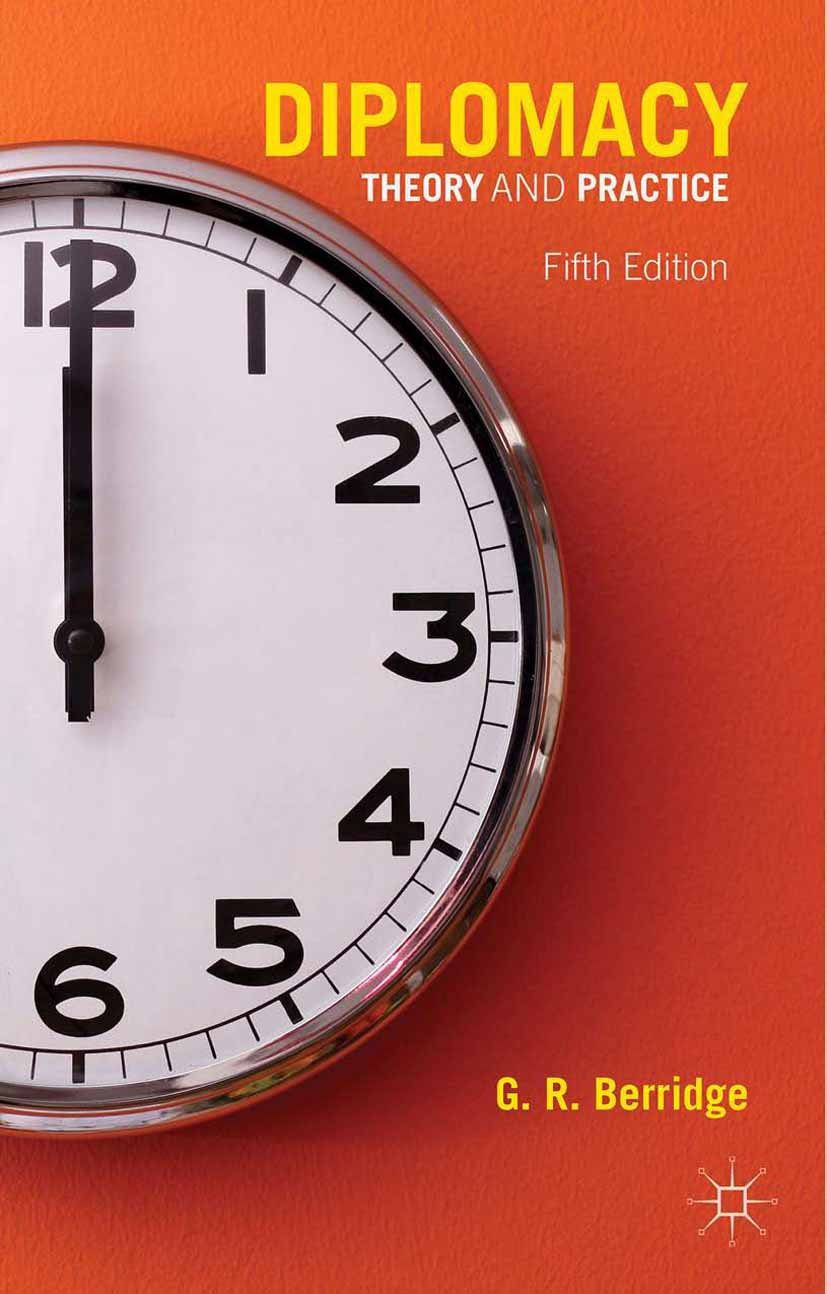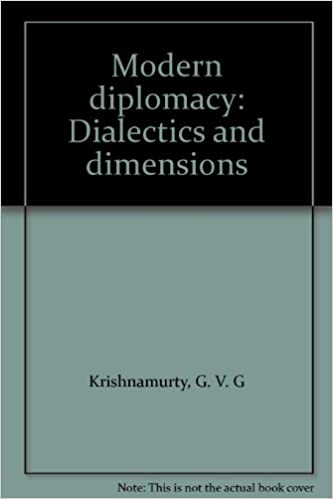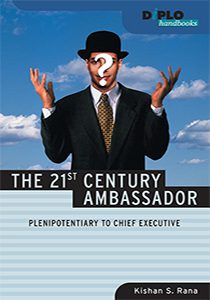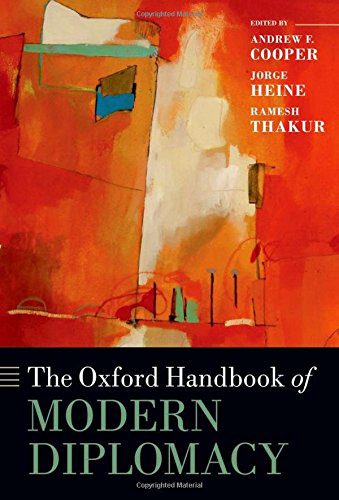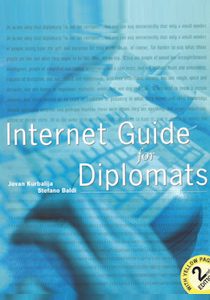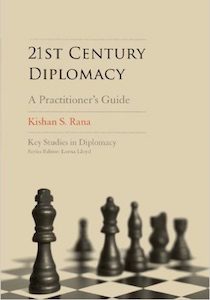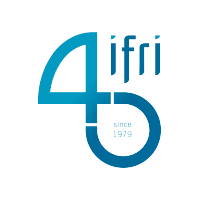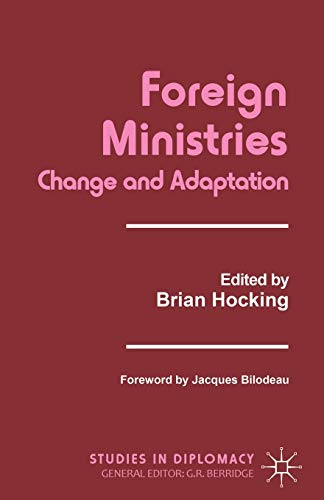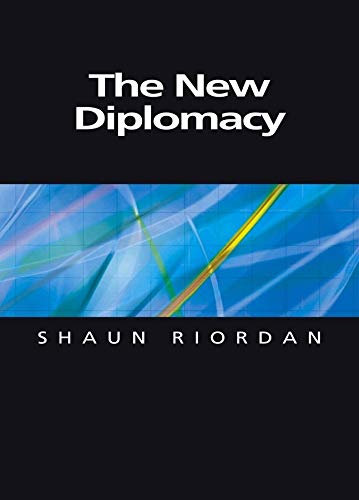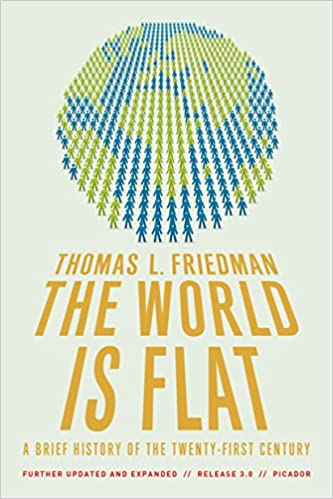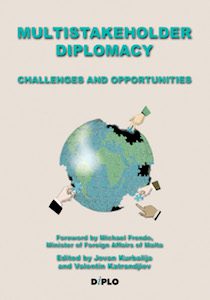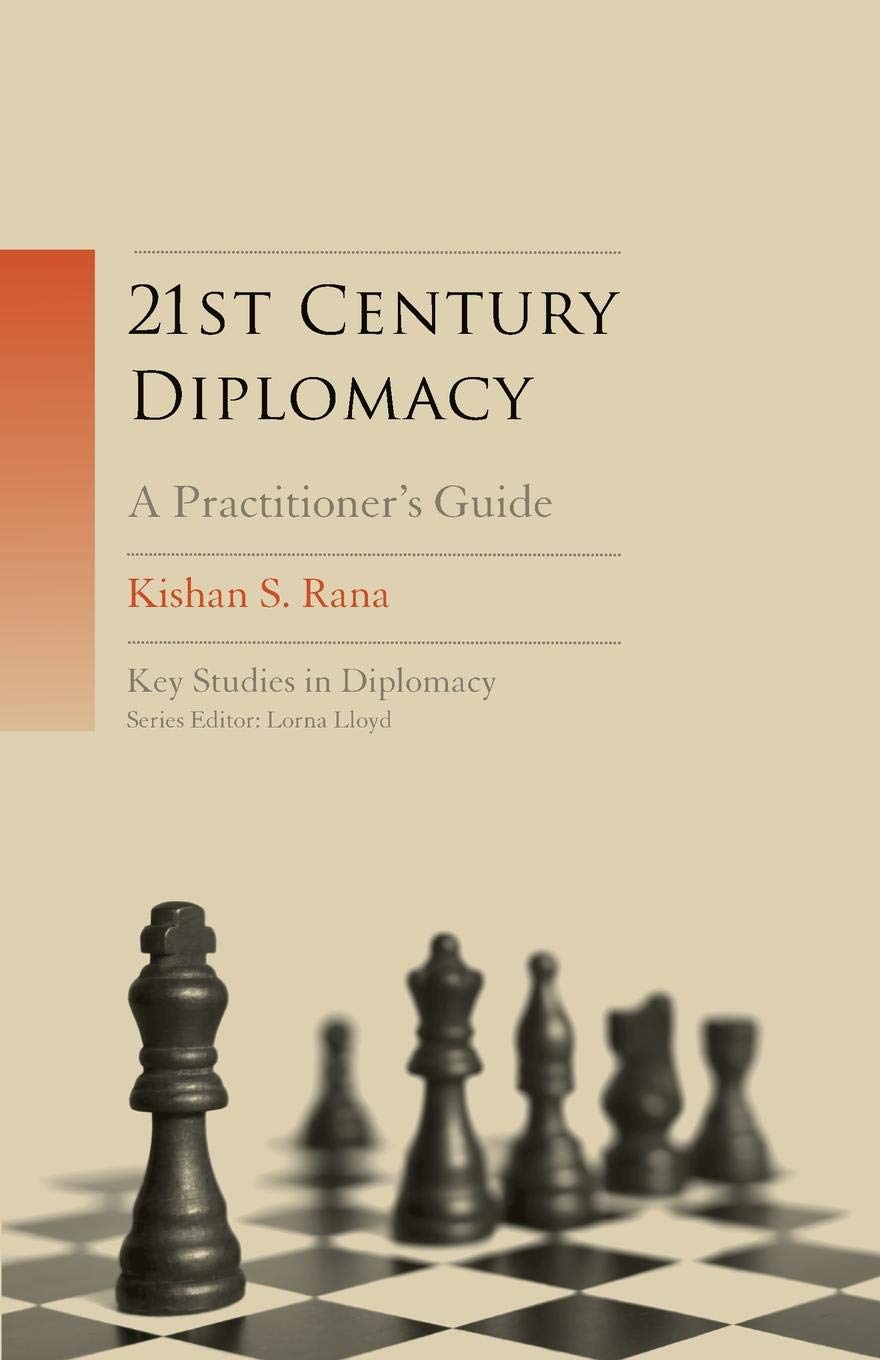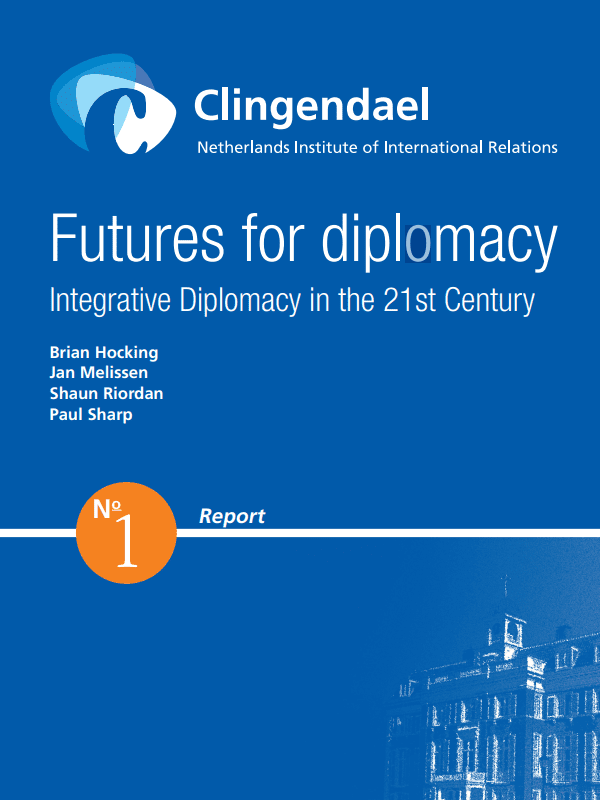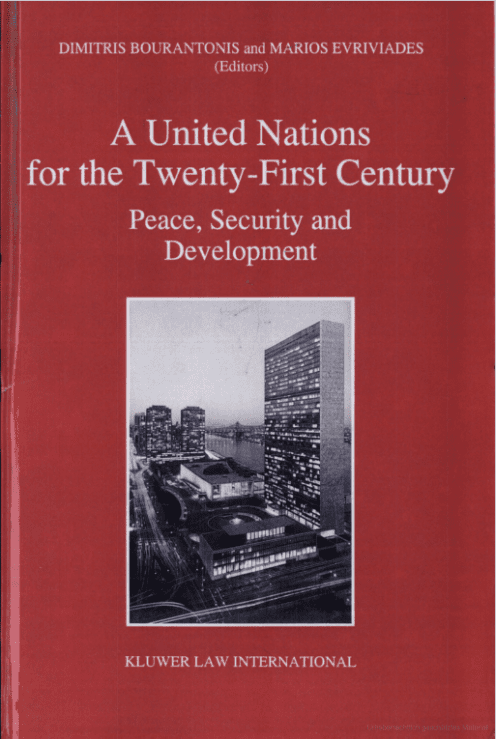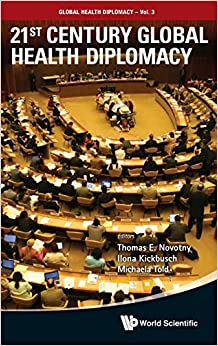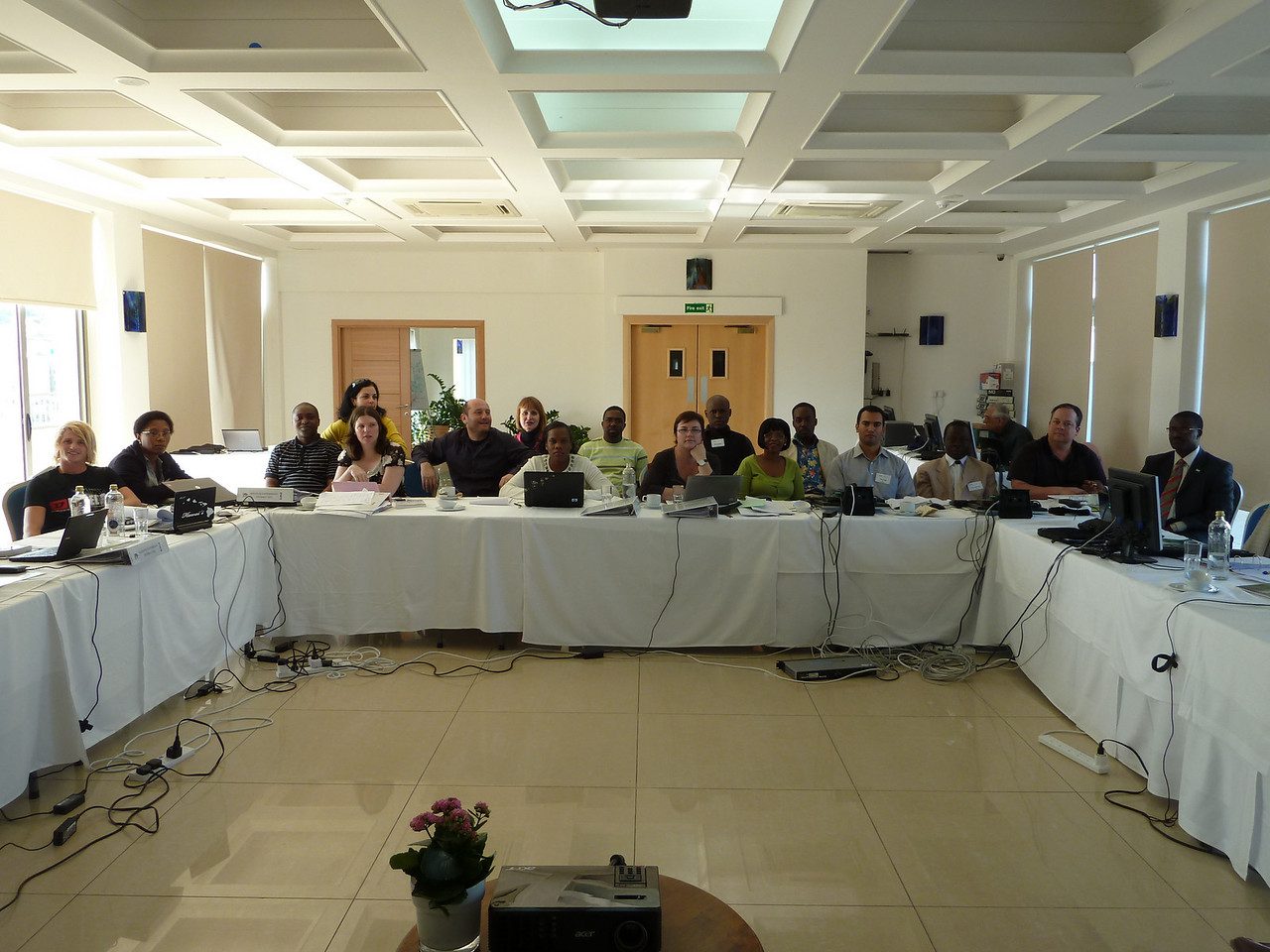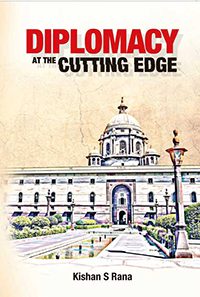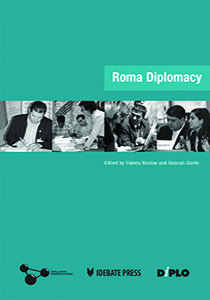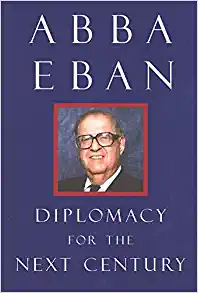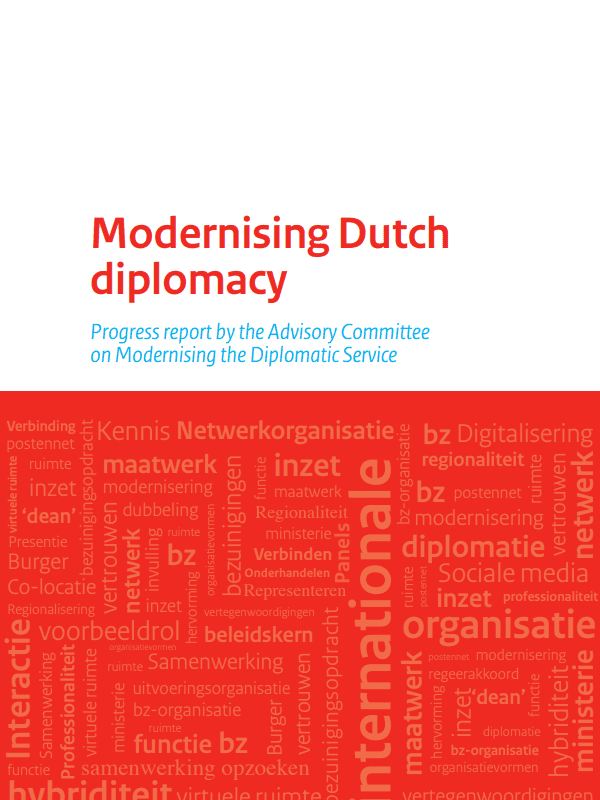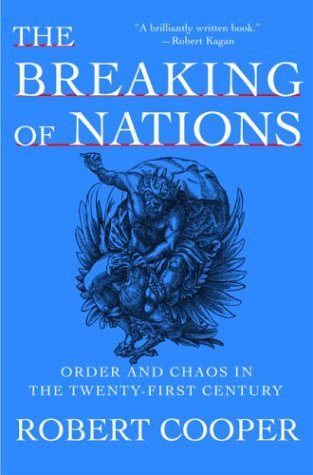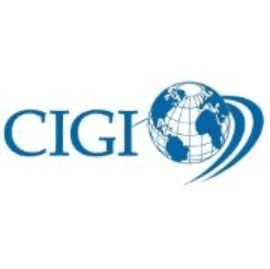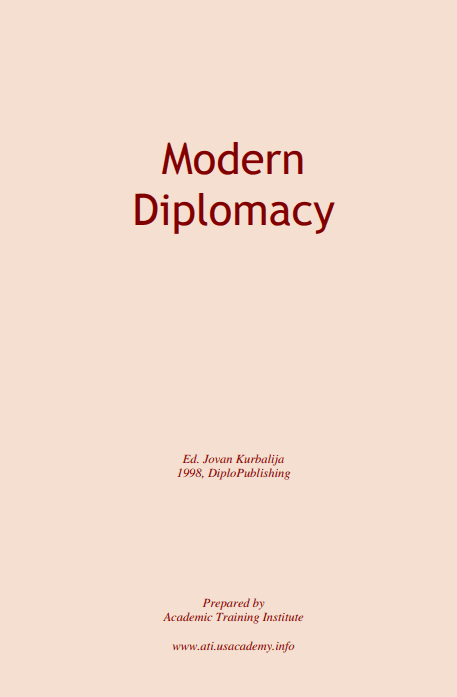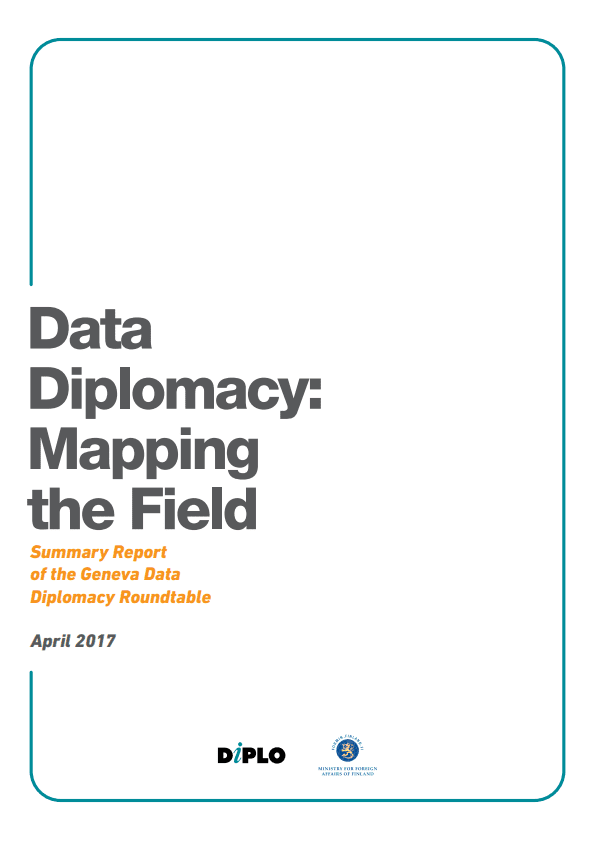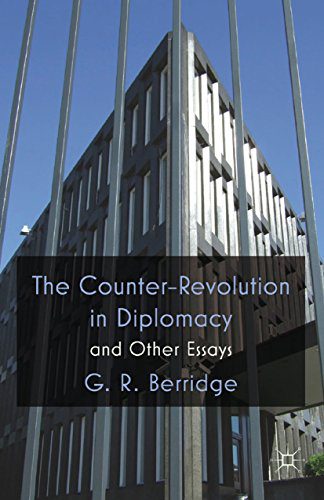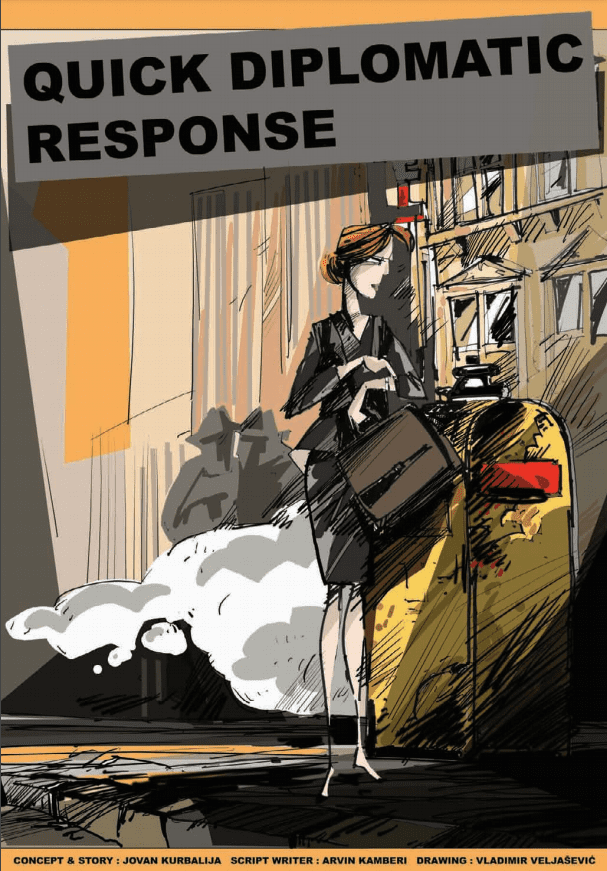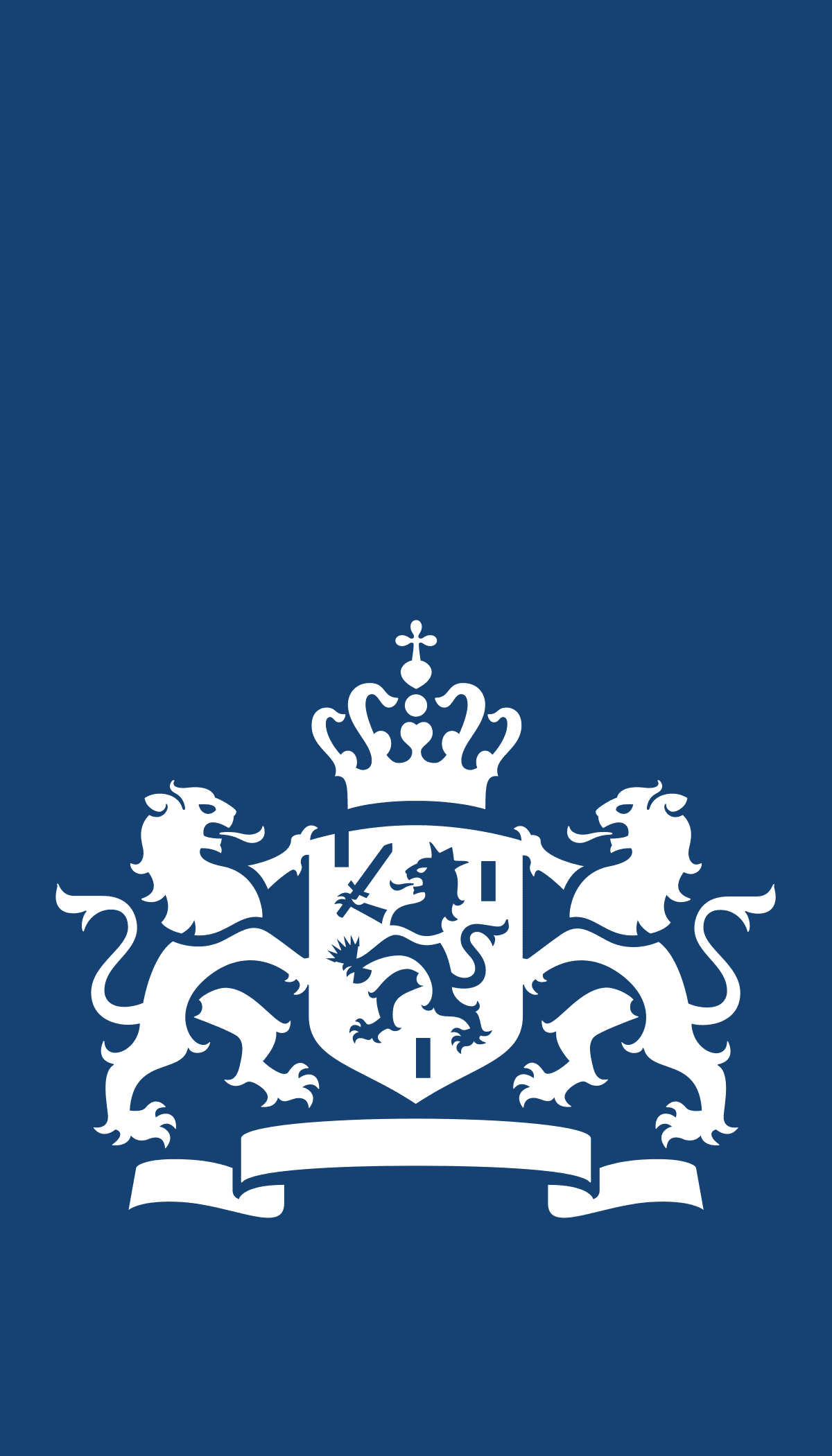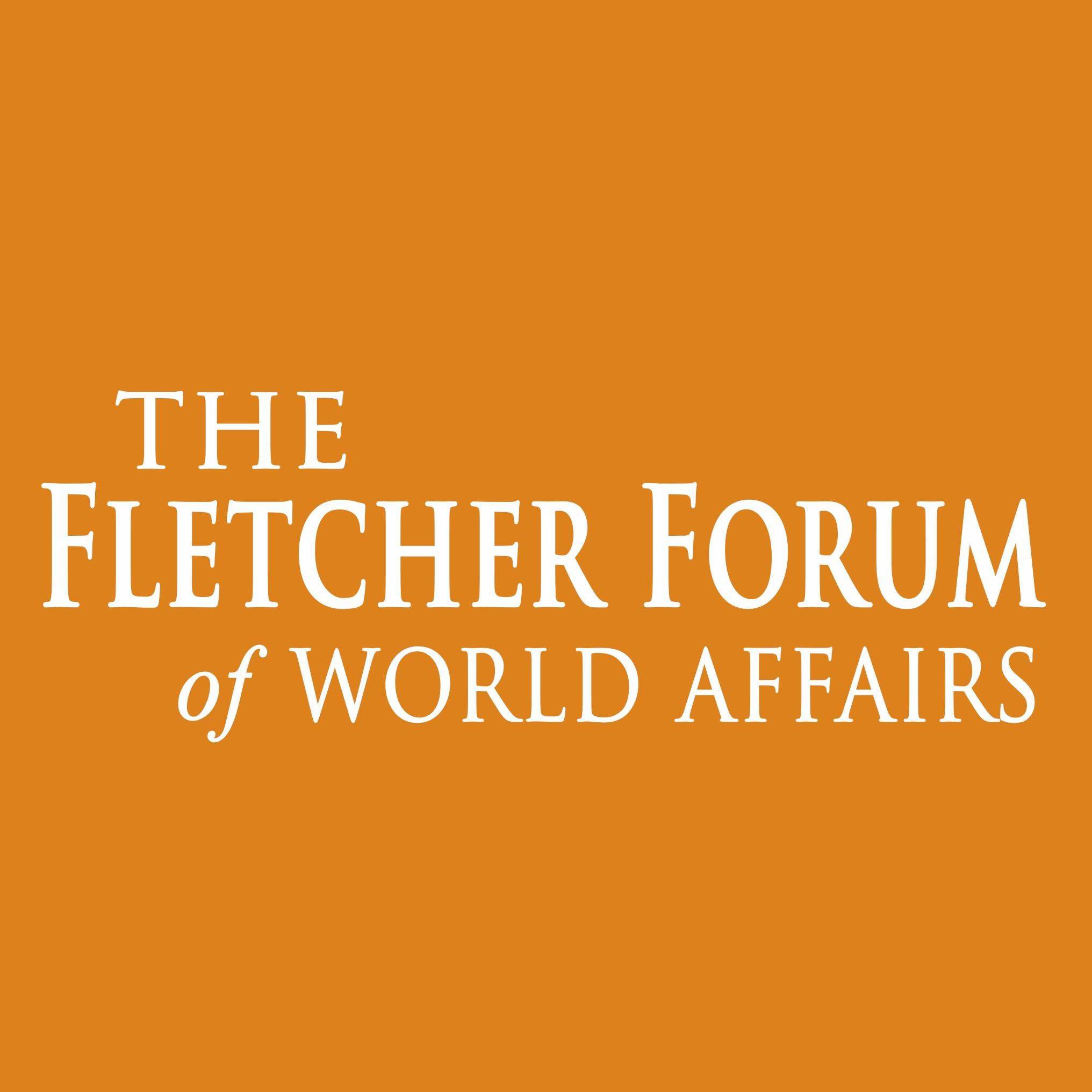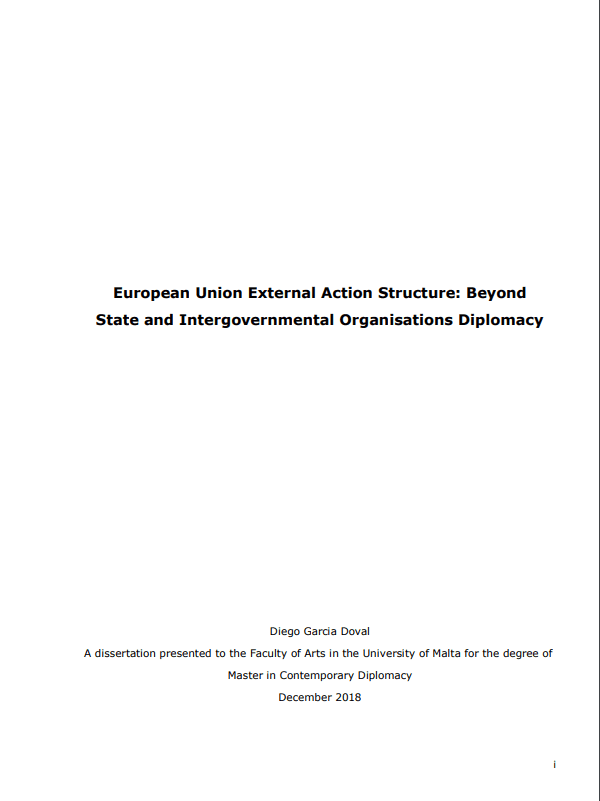In the course of the twentieth century diplomacy has undergone enormous transformations. At its beginning diplomacy was still the art of conducting bilateral relations between states as an alternative to violent confrontation. Diplomats were cultivated men of the upper strata of society, who often got along with each other across borders much better than they were able to communicate with other circles of the population at home. One was supposed to be born a diplomat and professional requirements were merely an excellent general education, perfect manners, good appearance and of course full fluency in French, the only language of diplomacy.
The First World War brought a first revolution in diplomacy. The Peace Conference in Paris was the beginning of high level multilateral diplomacy, where English rapidly became the second working language alongside French. Politicians became increasingly active on the diplomatic floor and career diplomats were required to understand such complex matters as international economic and financial relations, arms control and disarmament, regulation of international transport, and communications. Diplomats were more often recruited for their professional competence than for their social background. Female diplomats made their first timid appearance and gradually occupied a growing percentage of diplomatic positions. Loyalty to a country’s ideology became an essential element. The use of force as a means of conducting a country’s external relations was restricted and eventually prohibited, thus giving diplomacy a theoretical monopoly. Bilateralism increasingly gave way to multilateralism and multilateral relations now tended to be conducted within the framework of international organisations with either general or specialised competencies. In the latter case, diplomats were no longer necessarily members of a country’s foreign service but could be representatives of specialised government agencies.
The last decades of this century have witnessed an even more profound transformation of diplomacy. The barrier of sovereignty, which protected states against interference in their internal affairs by other states or international bodies, has begun to crumble. Diplomatic activities often take place outside the traditional framework of conference rooms and consist of getting involved with ordinary people at all levels. Information technology (IT) and the Internet are overcoming distance and making continuous contact with all segments of one’s own diplomatic establishment as well as with international institutions feasible. Information technology also frees the diplomat from a lot of routine work and enormously enlarges his capacity for action, while leaving him free to concentrate on his core duty: to establish and maintain personal contacts and relations. It is this new revolution that will shape the diplomacy of tomorrow.
New Developments
East-west and north-south confrontations among groups of states obscured evolutions which suddenly became fully evident after the collapse of the communist system in 1989-91. The United Nations itself and various regional organizations had tended to become involved in internal affairs of states for a considerable time. The two main motives for such interventions were internal conflicts and the disregard of human rights and even basic humanitarian principles. The rationale for such activism was the fear that internal conflicts and confrontations resulting from intolerable violations of human rights might spill over the borders and endanger peace and security in the neighbourhood and even beyond. The plight of people affected by such developments is always stressed but not the dominant consideration, as evidenced by the reluctance of outsiders to get involved in large-scale situations that look difficult to handle, e.g., the genocides in Rwanda and Burundi or the endless civil war in Afghanistan.
Globalization has recently become a new catchword in the field of economics and finance. But the globalisation of problems like the degradation of the natural environment, the population explosion, epidemics and particularly the AIDS pandemic have been with us for decades. The general issue here is that individual countries, however big and powerful, can no longer handle such problems themselves or in small groups but that these have to be tackled by the international community as a whole. Moreover, simple solutions such as the adoption of regulatory systems no longer suffice. The flow of people, ideas, money, germs and viruses, and indeed communication over the Internet, so far have largely defeated national, regional and even world-wide efforts to control them. This is in part due to the failure to involve non-governmental entities and the ordinary people themselves. Tomorrow’s diplomats will have to consider this.
Involvement of the media and through them, the ordinary people, in international affairs has led to what is known as public diplomacy. This means that at home the public puts pressure on the authorities to follow or abandon certain courses of action, often in disregard of international commitments or true national interests. Diplomats must therefore justify their action or inaction before the public and strive to convince it of the appropriateness of external policies of the government. Conversely, diplomats on bilateral assignments may have to interact with local media of the receiving country in order to explain or even justify their country’s policies and try to get support for or at least reduce hostility to them.
New Methods
Professional diplomacy itself is undergoing considerable changes as regards the methods used. In bilateral relations, the need to maintain diplomatic missions and consular posts has been questioned, and, as far as the traditional way of doing things is concerned, this may well be justified. However there is still one essential element in bilateral relations, the human interaction, which cannot be replaced by distance communication. Provided that missions and posts are properly trimmed and only manned by people who are there to cultivate human contacts and, in the case of diplomats, report on the thinking and feeling of closed circles, they will remain invaluable instruments for bilateral relations. Moreover, they will be better placed to conduct public diplomacy in the receiving country than would action from the sending state. In the multilateral field too things are changing quickly. The fruitless ideological and political confrontations are giving way to co-operative interaction aimed at actually dealing with the problems at hand. This is partly due to financial constraints. Neither individual countries nor international institutions can afford any more the endless conferences and meetings of yesteryear. The number of days – and of hours within each one of those days – are being restricted and few countries are willing to afford the cost of sending delegates to such events if no results are achieved. This has led to an increasingly informal approach to discussions, with few formal meetings, dealing mostly with organisational matters and the proper adoption of whatever conclusions have been reached. The preparatory role of international secretariats and the importance of interaction with them through permanent missions (or over the Internet) is constantly growing. As a result of all this it has become possible to handle far more complex issues in less time than the rather fruitless debates took up in past meetings.
A more striking departure from traditional methods is the growing involvement of non-professional human actors in what used to be purely diplomatic activities. Non-governmental organisations, pressure groups and lobbies of all kinds now surround bilateral as well as multilateral events and insist on being heard and consulted. External involvement in internal issues and conflicts also increasingly relies on specialised and also non-governmental institutions. The International Red Cross Movement is a case in point. With its triple instruments, the International Committee of the Red Cross, the International Federation of the Red Cross and Red Crescent Societies, and the national societies present in each country, it is ideally prepared to mix local and international action. Red Cross delegates as well as representatives of other non-governmental institutions, especially in the humanitarian field, have already been and are playing an important role as intermediaries and even negotiators. We also note a proliferation of non-governmental bodies at national and regional levels directly aimed at helping to resolve conflicts. Some have been quite successful in at least promoting talks among representatives of conflict parties.
Involvement of diplomacy in internal conflict situations means dealing at local and even grassroots levels. Diplomats active in such fields have to accept a lot of hardship and develop the ability to interact with often difficult military field-commanders and even simple leaders of armed bands loyal to no one in particular. This means a lot of preparation as the diplomat will have to know the history, culture and religion as well as the language of the people he is going to deal with. In order to establish and maintain the kind of mutual confidence required for the job, the diplomat will also have to stay at it for long periods of time or, if the confidence is lost, have to be withdrawn immediately and then replaced. Traditional rules regarding the duration of diplomatic assignments are irrelevant in such contexts. Personal qualities such as good health, ability to withstand physical and emotional hardships, patience, and willingness to listen endlessly to the same litanies are more important than profound knowledge of international law, international economics or international relations, or perfect manners in rarefied international spheres. Thus the same person may not necessarily make a good traditional diplomat as well as a good grassroots diplomat.
New Tools
The telegraph, the telephone, the telex, and the fax machine have gradually allowed for continuous contact of the diplomat abroad with his home base. IT continues on this road but its main contribution is networking. At the level of ministries, this means that all divisions and sections can constantly interact, including accessing each other’s files. The same can be achieved with missions and posts abroad, at their level as well as together with the home base. As a result, most administrative work, accounts and consular matters can be automated and handled in a single place at the home base, with the outside mission or post merely providing input and implementing the results. Networking can also be extended to other government departments, thus bringing together all administrations active in external relations both at preparatory and decision-making levels and when implementing policies, e.g., by acting abroad. A further circle can be added by extending the network to the private sector and to non-governmental bodies of all kinds having a stake in external relations.
Networking could go beyond national establishments. Members of a regional group could enhance their capacity and efficiency of intervention if they were networked and their agents therefore in constant contact. Such a system would be particularly useful for groups of small countries like those of the Caribbean and the Southern Pacific. It would also involve their regional organisations and thus ensure that at all times a delegate of one country could serve the others by being in constant liaison with everyone involved. Bigger institutions such as NATO or the OSCE may consider networking their members. As national establishments of bigger countries are very wary of networking beyond the limits of their own institutions, and as even networking of such institutions still leaves a lot to be desired because of resistance of tradition and security minded groups, the overcoming of such obstacles may not be possible very soon.
A much less controversial form of networking is already under way and will again be especially useful for small countries. International institutions are creating internal networks including access to libraries and documentation facilities. Their output is accessible to member countries over the Internet. The United Nations even offers support to permanent missions of small countries in New York for installing easy access to their network. Recently the Trade and Development Board of UNCTAD in Geneva and the Second Committee of the UN General Assembly in New York held a joint session over audio-visual facilities. In the future this may allow a poorer country to be represented only in one body if all important matters are discussed in joint sessions with the other.
Public diplomacy relies both on traditional media and IT facilities. This means that the diplomat of today and tomorrow must be thoroughly familiar with them. Privacy of diplomatic relations is increasingly invaded by the media. Thus the diplomat must be prepared both for impromptu encounters with them and for facing them in a more organised manner for statements, interviews and media conferences. He will have to learn how to use IT facilities to reach the media when this has to be done quickly or when he wishes to reach media with no representation in the region where he works. The diplomat must also know how to handle media hostility and, hopefully, turn it around into neutrality or even sympathy. This has mostly to do with the content of the message rather than the way in which it is delivered.
Looking Ahead
The time of diplomacy is far from over. Its role will on the contrary become ever more central as most important affairs will have to be handled at global, regional and sub-regional levels. The full implementation of the prohibition of the use of force in international relations will mean that states have only diplomacy left to overcome their differences.
But diplomacy will keep evolving and changing, partly in ways that we cannot yet imagine. It is thus important for those involved in the study and teaching of diplomacy to keep their eyes open and take note of changing patterns and needs, so as to prepare diplomats of tomorrow and re-train diplomats of today in such a way that they may serve their countries – and international institutions – in the best possible manner. In particular, small and poor countries should be enabled to fully exploit the possibility given to them by the new tools of diplomacy to be effectively present on the international scene for the first time.


